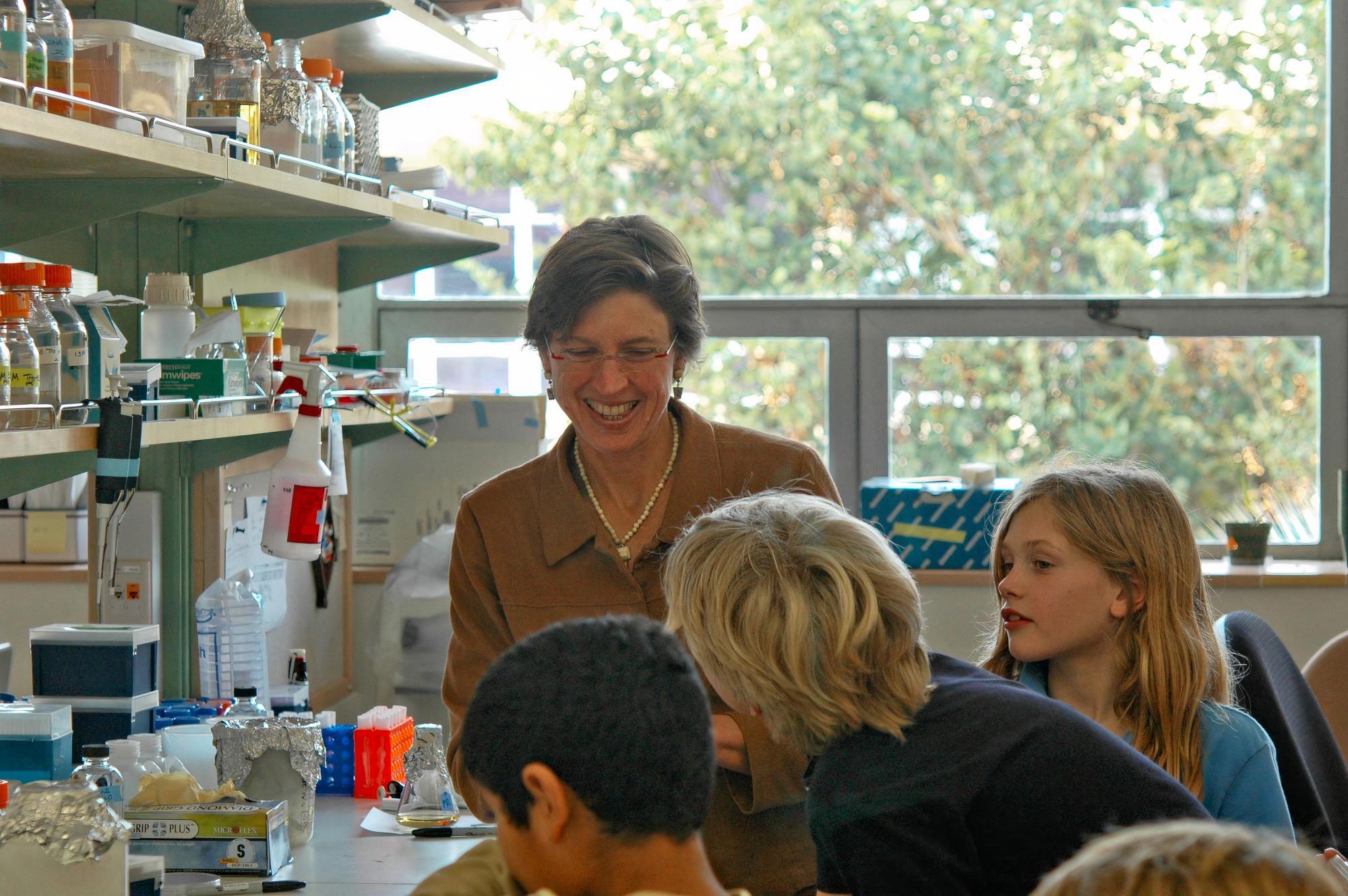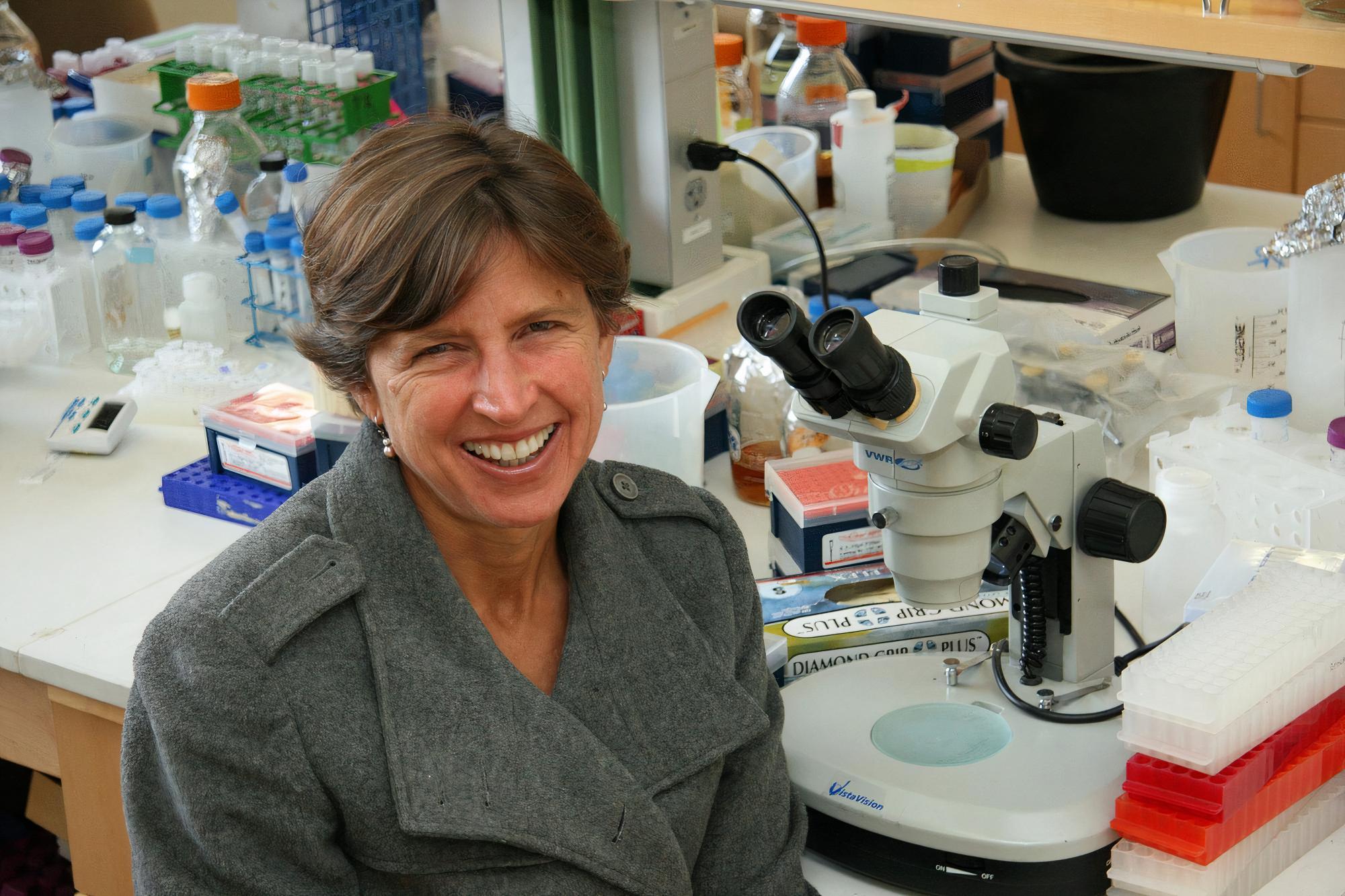Confession: Professor Ronald had a car accident whilst having an interview with me. In my defense, it was 3 in the morning in Vietnam, so it was really time’s fault.
I was the personal assistant for Professor Ronald during her visit to Vietnam, and it was comedic relief at its best. When she first landed, she asked me to take a picture, not of her or her son, but of me and a VinFast President car. On the way to the hotel, she asked where all the rice fields were, and whether my parents are farmers; then she showed me a list of food she wanted to try: bún chả, phở, bún bò huế, etc. Unsurprisingly, the whole family is vegan.
For the next 7 days, I spent virtually every day with Professor Ronald and her son, whether walking all around Hanoi trying to look for street art or when she came up to the podium to receive her award. I was really happy to be her guide during this expedition in Hanoi.
I woke up at 2 am, preparing final notes on every possible scenario, jotting down brainstormed ideas at the moment. I was really eager to reconnect with her after months, wanting to ask her about her life in the US and how it has changed. Before I could even say hello, the google meeting stopped.
The following text: “I’m having a car accident”. I know I was tripping with the sleep deprivation-demon.
Then I got a callback, she said she was healthy and uninjured, and it was a flat tire. Little did I know, things would take such a drastic turn.

Prof. Ronald brought us back to the day of her being a young 14-year-old girl. The love for Mother nature seemed to come to her intuitively. She has always been in love with being in the mountains and exploring flowers which led to her passion for Biology, followed by Genetics also obtaining her excitement. There was a time when she met people on her mountainous camp, who were scientists identifying plants and on that day, she decided who she wanted to be - a biologist.
However, being a woman in STEM was clearly not a gentle journey for Prof. Ronald until now, when she is one of the 100 most influential people in biotechnology according to Scientific American. At 17, she could become a Mathematician: she recalled back to the time when she was the only woman in her Mathematics college class; perhaps the sheer isolation, being one of a few females in the class drove her away.
I asked her: “Have you ever experienced sexism in the workplace?”.
“Yes, I did.” She said in a cheerful tone. “There have been other times certainly: meetings where only afterward I have realized all the men were talking to each other. I was a young female speaker at the time, and I did not have my talk just yet. And suddenly this one guy handed me his plane ticket and he said, “I really need this to be changed”. I was like what? And I realized people were not talking to me because they thought I was a … conference secretary.”
I don’t know why I felt frightened by this story more than any vehicular crash. Maybe in situations like these, there is no definitive flat tire to be fixed, no screaming for help, and no case to be made. You are left on your own, feeling like there would be something inherently wrong with who you are as a person, and maybe STEM is not for you.
Professor Ronald has taken on an unexpected action, instead of trying to fight her way into a conversation with the close-minded men, she would purposefully connect with scientists whether women or men feeling out of place in these conferences.
You have the right to walk away from a conversation you do not want to be in.
STEM is clearly not STEM without a laboratory. In this setting, Prof. Ronald has had a great time with her teams with a lot of wonderful women. Yet she recalled several incidents of discriminatory behaviors toward her female colleague in graduate school, not only infringements on academic dishonesty but sexual harassment. From her viewpoint, in cases like this one, institutional pressure by reporting or direct speak-up is critically crucial to generate actions and policies to punish these unacceptable behaviors and outliers. Nowadays, thankfully, Prof. Ronald believed that these scenarios are no longer tolerated and men in science tend to possess high integrity.

To continue the gender issues in STEM, another big question popped up for her about what her action was to help other women in the field. Prof. Ronald did not hesitate to share the great news that currently at the University of California, Davis, the hiring process was more equal when personal information including name, gender, race, nationalities and even publication of candidates were kept anonymous, which meant that consideration is based strongly and independently on how they demonstrated their works. Although the most optimal solution for these issues is not definitively found, she was totally open to trying various ways to support the female society in STEM and speaking up whenever she had a chance to contribute to the amendment of institutional policies. She has suggested that VinUni could support its female students more on their academic pathways, so they can come back in the future and represent more for the gender.
Without another question, the tow truck came, and we parted ways. I felt down because of all the hardships Professor Ronald has been through but strangely hopeful for a bright future for aspiring women in STEM.
On behalf of Professor Ronald, we would like to extend a few sentiments to all the girls and women pursuing STEM. There exists a long and difficult road ahead, we believe in you!
Please visit this link to find out about the project Professor Ronald is currently working on!

And comment if you want to listen to the full interview.
Sincerely,
VinUnians
Comments
Sign in or become a Sincerely, VinUnians member to join the conversation.
Just enter your email below to get a log in link.






